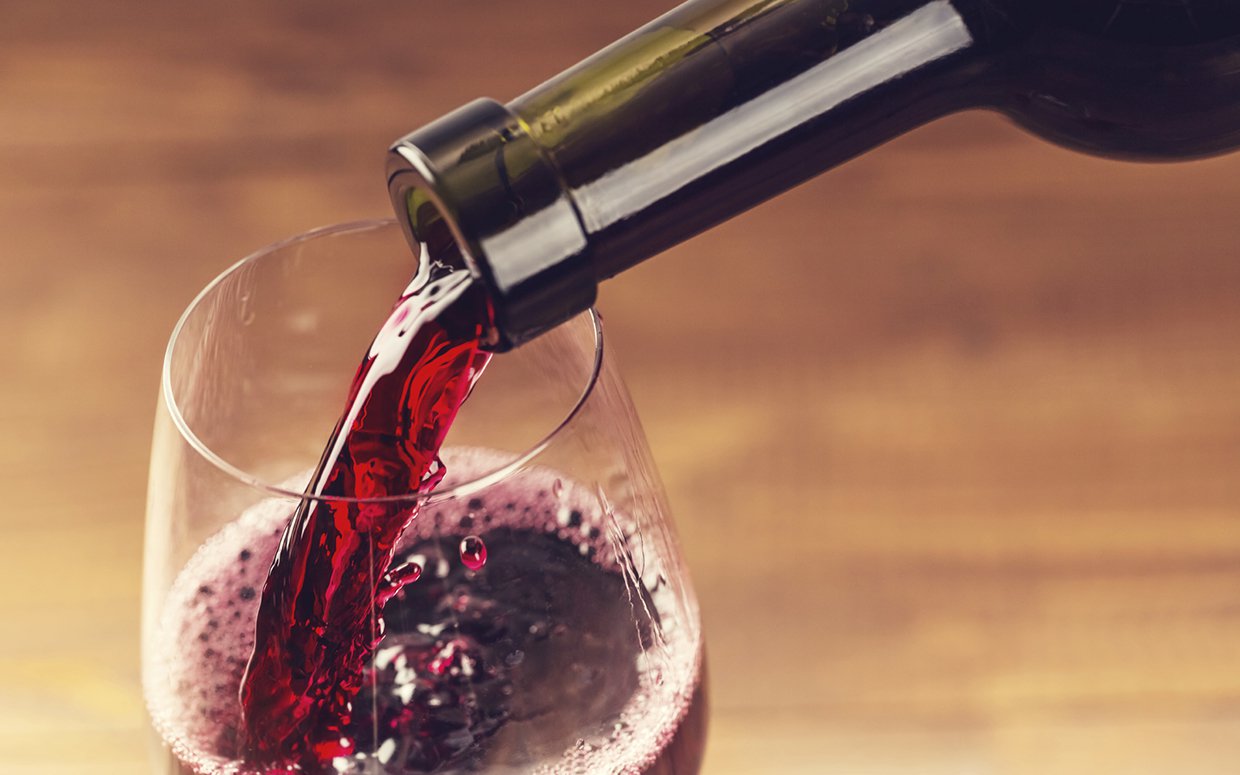MELBOURNE: Cleverly written wine label descriptions can make a person enjoy the drink more and pay a higher cost for a bottle, a new study has found.
The research, published in the journal Food Research International, shows that consumers are more influenced by wine label descriptions than previously thought.
Researchers from University of Adelaide in Australia found that far more than just influencing consumer choice, wine descriptions can alter consumer emotions, increase their wine liking and encourage them to pay more for a bottle.
“Choosing the right wine at the point of sale whether in a wine store, in a restaurant or online can be a difficult task,” said Sue Bastian, associate professor at the University of Adelaide.
“The importance of wine labels and label information has been widely studied and it’s been clearly shown that they represent useful information which influences consumer choice,” said Bastian.
“Our study extends these findings, showing that wine descriptions also influence our whole wine consumption experience,” she said.
“Cleverly written wine and producer descriptions when coupled with unbranded wine tasting can evoke more positive emotions, increasing our positive perception of the wine, our estimation of its quality and the amount we would be willing to pay for it,” she added.
The researchers conducted a study with Australian white wines and 126 regular white wine consumers.
The consumers evaluated the same set of three white wines – Chardonnay, Riesling and Sauvignon Blanc – under three information levels.
These were a blind tasting with no information; the provision of a basic sensory description; and provision of an elaborate/emotional description.
The presentation of more elaborate wine descriptions, which included information regarding winery history and positive wine quality statements, significantly increased the preference rating the consumers allocated to the wines.
The results showed that if the expectations elicited by the wine description closely matched the actual liking from tasting, consumers felt far more positive emotions than if it did not meet expectations.
“These findings have important implications for wine producers and the hospitality industry in that descriptions require more than just wine tasting notes,” said Lukas Danner, post-doctoral research fellow at .
“Companies could even consider involving consumers in label description optimisation,” said Danner. (AGENCIES)


